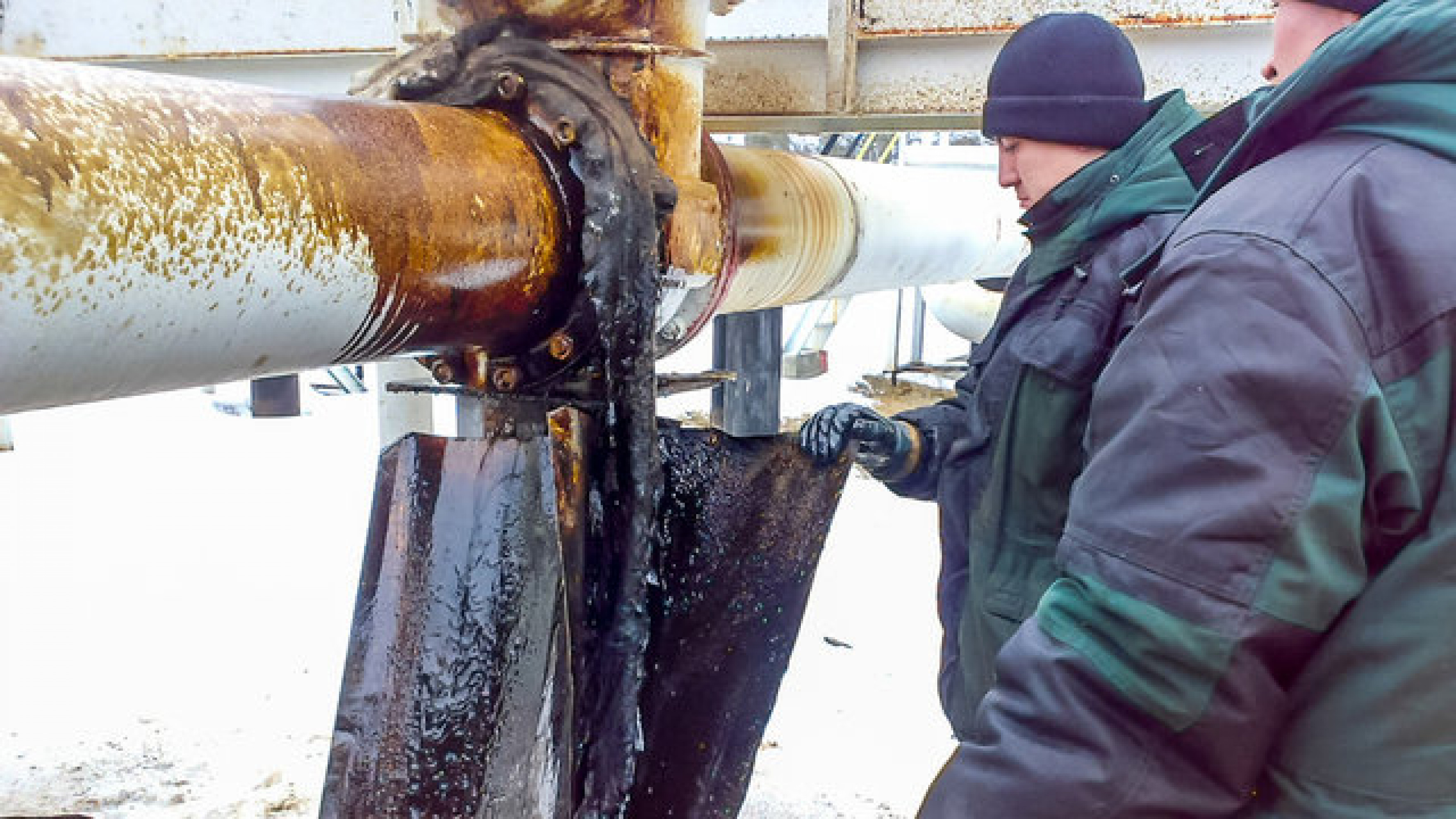Authored by Susan Cheah
Published at 22 Apr, 2021
Everything You Need to Know About Disposing Cooking Oil
The kitchen is the prime and most important place in any foodservice business. That means running the kitchen is definitely one of the most challenging parts of the business too. Of all the things a kitchen has to be concerned about, is the cooking oil, and the proper disposal of it.
It is impossible to run a commercial kitchen without the use of cooking oil as it's used over all the dishes, used in fryers, and other purposes. The proper disposal of used cooking oil is especially important because improper disposal is unsafe for your business premises and for more importantly the natural environment.
For a commercial kitchen, it should be a requirement to have cooking oil equipment installed to manage the use and the disposal of cooking oil to prevent these oil from being washed down the drain. If cooking oil is not being stored or handled properly, there will be a great risk of oil spills that cause dangerous conditions in the kitchen.
The damages don’t stop here. Improper disposal of cooking down the drain also can cause terrific damage to the municipal sewer system as well as contaminating the natural environment. Since most municipalities have guidelines that must be followed, improper disposal could also result in financial losses in form of expensive fines.

For expired cooking oils in the kitchen, do not dump it down the drain. Foodservice establishments should take every effort they can to prevent cooking oil, be it used or fresh, from going into the drain.
While you can throw small amounts of expired cooking oil in the trash as long as it is in a sealable, non-breakable container, be extra careful with breakable containers as it presents a high risk that the oil could potentially leak out and affect the natural environment. A very important highlight that was often overlooked is that you should never dump used cooking oil outside. Even if you dump cooking oil in the grass, it will find its way to the sewer system and cause clogs and other issues. Naturally, the result is bad for as much as for our society and wildlife.
Some people may also think of olive oil as the better oil and that it is safe to simply dispose of it. However, even olive oils should be treated just like vegetable oil and other cooking oils in that it should never be washed down the drain or thrown directly in the trash. If these olive oils is a sealable, non-breakable container, then you can consider putting it in the trash, in small quantity. Homeowners can also compost small amounts of used olive oil. The best course of action for foodservice establishments is to put used olive oil in the storage containers with other used cooking oil so it can be collected and recycled.

Sometimes some foodservice operators opt for the easy way out by pouring these used cooking oils in the toilet, which is a very horrible thing to do. As repeatedly many times, in any circumstance, no one should ever pour any used cooking oil down any drain, including sinks and toilets. Oil solidifies in water and will cause a clog in the pipes. If the cooking oil reaches the sewer, it can cause clogs in the sewer lines that can be very expensive damage to fix.
Foodservice establishments often end up with a large amount of used cooking oil. Understandably it can be a lot of work if the operator intended to manage it properly, and requires a lot of approved containers which can take up a lot of space. However, it most city in Malaysia there are many professional firms like Capital oil that provides services to help the operator to manage used cooking oil by providing these containers as needed, schedule flexible collection of the cooking oils, and send the used cooking oil (UCO) to approved recycling facility
In these facilities, it will be broken down through various clean processes. Through this process, the cooking oil is broken down and it can be converted into biogas which can power cars, heat water, and generate electricity. These used cooking oil can also be filtered and processed into biodiesel fuel which burns cleaner than regular diesel fuel. It is also common for used cooking oil to be used in animal feed.
In summary. the proper handling of cooking oil, including storage, using it, the collection and recycling of used cooking oil in your kitchen, is extremely important for the safety of your establishment, your neighborhood, and the environment. Commercial kitchens must be fitted with cooking oil handling and storage systems as well as grease traps to prevent the oil from being washed down the drain. Having the proper collection and disposal of used cooking oil will not only protect your establishment, your neighborhood, and the environment but also prevent costly fines.
